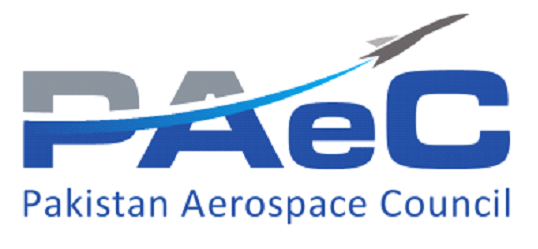Self-Reliance: A Cure for the Ills of Globalization
The world is shrinking and flattening at breakneck speed, which means that the choices someone makes in Wuhan or Beijing have a measurable and predictable impact elsewhere in the world and that supply chains—not just raw materials—are interlinked and interdependent. Opportunities and challenges resulting from globalization leave us with one simple lesson: we cannot ignore the fact that prioritizing self-reliance is what made us resilient in the past and is what will ensure national resolve and an ability to lead the world in times of crisis.
As globalization steamrolls our daily lives, it’s important to recall the wisdom of our fore-bearers, which held that self-reliance is a virtue at any scale—from an individual on the grassland to a nation on the world stage. Whether it is worldwide travel, necessary weather services or the supply chain dependencies that come with globalization, new challenges and their solutions illustrate both the leadership opportunities and promises that growing connectivity can afford. It begins with self-reliance, with nations being able to develop and produce their own goods and services.
As the unprecedented COVID-19 crisis response is evolving and adapting, the new space economy is noticeably contributing in ways that are helping first res-ponders, policy makers and even the general public make real time decisions that would have been impossible a few years ago. Satellite imaging can enable scientists to discover things about the context of an outbreak that other methods can’t, as well as aid in pinpointing where the next one could occur. Orbital Insight is contributing as well, enabled by data collected by Planet Lab satellites, placed into orbit by Spaceflight Services, that allow us to continue with our work and classes remotely using a variety of next generation tech apps like Uber, Amazon Prime and Zoom. These all rely on satellite communications, precision navigation and timing from an earlier generation of space tech.
The resilience enabled by this new space economy will play a vital role in our survival in the coming decades at-casinos.com. There are many different challenges the world faces today, as in every era of modern history, but never such a time where the revolution in satellite tech and business could play such an integral role in solving these challenges. Even small businesses, operating globally due to advances in technology, can both lead and impact the networked world. They might not make the business section headlines, but 99% of the space industry is made up of small businesses and these are the people driving the future of innovation.
In only the first few weeks of the global COVID-19 pandemic, we can see how the next generation of space tech, which is supported by many of these small businesses, is informing the world to adapt. Small businesses are uniquely positioned to supply the technology and innovation necessary to secure our future. The current crisis as well as those we face in the future will be addressed more swiftly, with greater transparency and trust because of this new space economy.
Our hegemonic rivals are dead serious about leading the world into the future of space, especially the commercial economy. As a space scientist, entrepreneur or enthusiast, this is the most exciting time in human history. Proving the Earth and planets revolve around the sun shifted an egocentric world view. Putting a man on the moon and delivering him safely home opened the heavens for exploration and pushed the bounds of human possibility. Democratizing space by creating and growing businesses will create jobs and improve the lives and future of humanity. This new chapter of globalization will affect the world and its human inhabitants in a truly priceless way.




